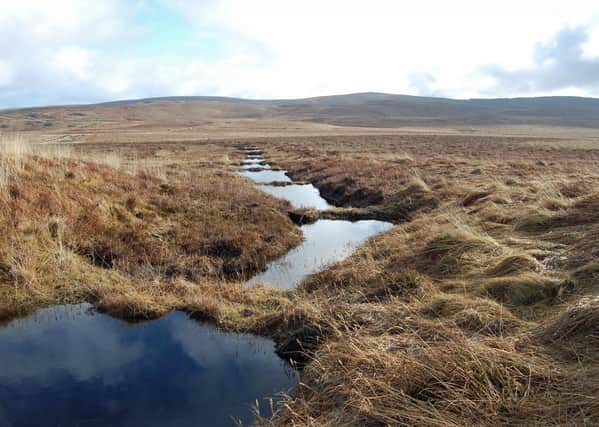RSPB NI calls for ban on peatland burning


The call comes following the fire on upper Slieve Donard, which was declared a major incident on Saturday and caused extensive damage to wildlife and the environment.
John Martin, RSPB NI’s Head of Policy and Advocacy, commented: “We are calling for the Minister to act urgently to introduce an outright ban on the practice of burning on Northern Ireland’s precious protected areas, especially peatlands.
Advertisement
Advertisement
“As a fellow conservation charity, we were devastated to see the impact of the fires across Northern Ireland, specifically on upper Slieve Donard, managed by the National Trust. These increasing and re-occurring fires pose a risk to nature, wildlife and local communities, and need to be stopped.
“The tragic event over the weekend demonstrates that nature needs to be protected now more than ever. We acknowledge that the DAERA Minister is considering toughening penalties for those who intentionally start fires, but this does not go far enough. Statutory bans are coming forth in Scotland as part of the Werritty Review, and are already in place in England as of January 2021.”
12% of the land area of Northern Ireland is covered by peatland and is one of its most valuable habitats. It has a critical role to play in addressing the global nature and climate crises, however, of the 242,000 hectares of peatlands, only 14% is currently unaffected by pressures such as grazing, drainage and burning.
Wildlife is suffering as a result. Last week, RSPB NI published the Birds of Concern Ireland report in conjunction with BirdWatch Ireland, which showed that birds from upland habitats, such as the Mournes, have the highest proportions of red-listed species. This includes iconic species such as skylarks, golden plovers, snipe and hen harriers.
Advertisement
Advertisement
Peatlands also can play an important role in protecting communities from local level impacts of climate change such as flooding, while supporting unique plants, rare wildlife and improving water quality.